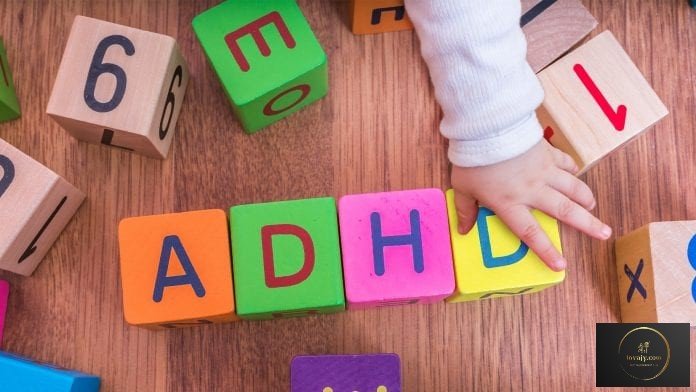Attention Deficit Hyperactivity Disorder (ADHD) is a common neurodevelopmental condition associated with an ongoing pattern of inattention, hyperactivity, and/or impulsivity.
Though ADHD is commonly diagnosed in children and teens, it can be diagnosed in adults, too.
Not everyone has the same ADHD symptoms or experiences them in the same way. In some instances, symptoms may not be as intense, while you could also experience bad ADHD days for many reasons.
ADHD can look different for everyone. For example, symptoms of ADHD in children might look and feel different than in adults.
Your symptoms will also depend on the type of ADHD you have. The major symptoms of ADHD include inattention and hyperactivity or impulsivity.
If you think you might have ADHD, consider taking our ADHD test. This brief test will help determine if you may need to see a mental health professional for diagnosis and treatment of ADHD.
Only a mental health professional or psychiatrist can accurately diagnose ADHD, and if needed, recommend a treatment plan.
ADHD Test
Instructions
Simply answer the questions on how you have behaved and felt during the past 6 months. Take your time and answer truthfully for the most accurate results.
How often do you have difficulty sustaining your attention while doing something for work, school, a hobby, or fun activity (e.g., remaining focused during lectures, lengthy reading or conversations)?
How often are you easily distracted by external stimuli, like something in your environment or unrelated thoughts?
How often do you avoid, dislike, or are reluctant to engage in tasks that require sustained mental effort or thought?
How often do you have trouble listening to someone, even when they are speaking directly to you — like your mind is somewhere else?
How often do you have difficulty in organizing an activity or task needing to get done (e.g., poor time management, fails to meet deadlines, difficulty managing sequential tasks)?
How often do you fail to give close attention to details, or make careless mistakes in things such as schoolwork, at work, or during other activities?
How often do you forget to do something you do all the time, such as missing an appointment or paying a bill?
How often do you lose, misplace or damage something that's necessary in order to get things done (e.g., your phone, eyeglasses, paperwork, wallet, keys, etc.)?
How often do you have trouble following through on instructions, or failing to finish schoolwork, chores, or duties in the workplace (e.g., you start a task but quickly lose focus and are easily sidetracked)?
How often are you unable to play or engage in leisurely activities quietly?
How often do you have difficulty waiting your turn, such as while waiting in line?
How often do you feel like you're "on the go," acting as if you're "driven by a motor" (e.g., you're unable to be or uncomfortable being still for an extended period of time, such as in a restaurant or a meeting)?
How often do you leave your seat in situations when remaining seated is expected (e.g., leaving your place in the office or workplace)?
How often do you blurt out an answer before a question has been completed (e.g., completing another person's sentence or can't wait your turn in a conversation)?
How often do you feel restless -- like you want to get out and do something?
How often do you fidget with or tap your hands or feet, or squirm in your seat?
How often do find yourself talking excessively?
How often do you interrupt or intrude on others, such as butting into their conversation or taking over what others are doing?
Were several of the symptoms present prior to age 12?
Do the symptoms appear in at least two or more settings (e.g., at home and school)?
